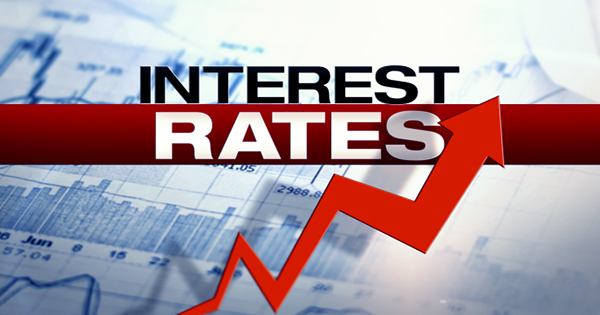The low-interest rate environment is one reason why entrepreneurs are able to raise such large quantities of money — record amounts, to be sure.
Interest rates are low all throughout the world, implying that money is inexpensive. You can hire capital at a low cost if you have access to cheap money. Coinbase, for example, is now financing $2 billion in debt that will be paid off in two installments. The first half will pay 3.375 percent in 2028, while the second half will pay 3.625 percent in 2031. Due to investor enthusiasm, Coinbase increased its aim from $1.5 billion to $2.0 billion.
Money is cheap, so Coinbase is stacking it on its side of the table from investors who are unable to locate lower-risk, higher-yielding investments.
Cheap money means you can’t expect much from lending your money out; bond rates are at an all-time low as a result, which is excellent for startups like Coinbase but bad for capital pools looking for a return. The same money has gone fishing in other places, like the venture capital industry, in the hopes of making more money per dollar. Ample funding has allowed venture capitalists to raise ever-larger funds, and non-traditional investors to flood into the startup industry.

A large part of the unicorn craze is based on the current low-interest-rate environment.
But nothing lasts forever, and with the US government preparing to stop buying market-stimulating bonds and eventually raising the domestic cost of money by raising the Federal Funds Rate target range, certain assets are expected to lose some of their shine. If money gets more expensive, capital can make more money by hiring itself out to others, making venture investing less appealing from a risk/reward standpoint – at least in theory.
Simultaneously, the stock market may reprioritize itself. Due to historically low-interest rates, investors have flocked to growth-oriented enterprises, expecting higher returns than similar investments in slower-growing companies.
This particular trend peaked last summer when early-COVID regulations crippled a number of businesses, and software stocks provided a method to still seek yield through the lens of corporate revenue growth, which was paid out in market value accretion rather than a regular coupon payment.
Rising rates, in general, should make investing in venture capital funds less appealing by making rival asset allocations more appealing. As other equities return to prominence, increasing rates may make the value-through-growth trade of public stocks less appealing.
















